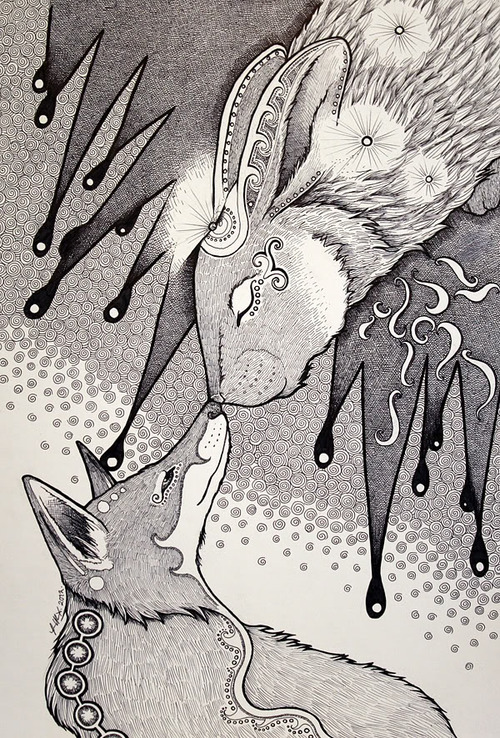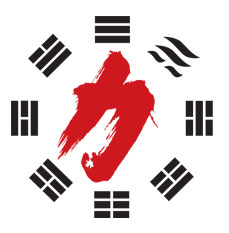
CHRONICLES OF THE DOKA
(#12 in a continuing series of 84 days in the teaching life of an American sensei)
“I respect where student’s stand in time and space with me. If I didn’t, how could I possibly meet them at that juncture where real change is possible? I don’t believe any teacher should force change upon a student, except in emergencies. If you’re about to fall off a cliff, and I’m close enough, I am going to grab you.
Also, if you do not respect me, you will not trust me. And if you do not trust me, you will keep your inner self locked away and I will never see the key. The inner sanctum of a person is their core being. It is the fulcrum where all real change is possible. Change is not possible to leverage in the ‘wake’ of someone’s life. It’s like a fox trying to catch a rabbit. A fox can’t survive on the scent of the rabbit. The scent may compel a fox’s instincts to run faster, but only until it falls upon its prey does real change occur, when the fox devours the rabbit’s essence. Martial students are like foxes chasing an elusive martial essence.
You have to find the student’s inner steering room and stand next to them while they are making crucial decisions about their martial life, a metaphor for their real life. You have to be present in that space at the very moment they are planning their course of action. that’s where the sensei effects a change.
A good sensei, with spiritual instinct, is also like a fox ready to devour his student’s egos.
I am not going to force ideas upon anyone. We might wrestle, one idea against another, but if you’re so steadfast in maintaining your point of view, then the issue of shared growth has become stalemated. I am not going to pin my ideology on someone if I think it will only lead to resentment. I’ve been down that road. It does not build life skills. It dismantles, diminishes, and discourages students.
I once had a very talented and devoted student that taught me a good lesson. He had trained diligently for over a decade. He kept wanting his techniques to get physically faster, as if speed was the sole pinnacle of his martial success. He found security amongst his peers with his superb and near flawless back kicks. He could back kick any student at will. One day, during a private session, he asked, “What can I do to make myself faster?“
I said to him, “You’re a punk, Phil.”
He looked at me askance, his emotional feathers visibly ruffled. “What?” he asked incredulously.
I repeated my statement, “You’re a punk.”
“I am not!” he said defensively.”
I qualified my statement. “I don’t think you’re a punk. But I believe that you do. You hold a low self-image behind an accomplished exterior. Until you change your limiting view of yourself you will never be where you want in your martial art. Your current state of mind has you believing that you’ll never be fast enough to meet your own exaggerated expectations. The work you have to do now lies in your head, not in your body. If you want to increase your speed, you’ve got to challenge your limiting beliefs.”
After that session in the back yard of my home, Phil left for five years. No one likes their armor torn away to reveal personal weakness. Even though I was dead right about this young man, my remark was too candid, too revealing. Phil found it painful and shameful that I knew his dirty little secret.
I remember the day his secret was revealed to me. It was the evening that I promoted him to brown belt. Right after the ceremony he left the dojo and confided to a female student, “Well I guess I’m not scum.” Such a statement could have only come from a wounded place. I and other students had held Phil as a devoted martial artist in high regard.
Five years later, Phil returned to the dojo. He had figured out that I was only trying to help him. He earned his black belt, went off on his own and professionally taught for many years until he died in a car crash on the evening September 4, 2014 at 51 years of age.
